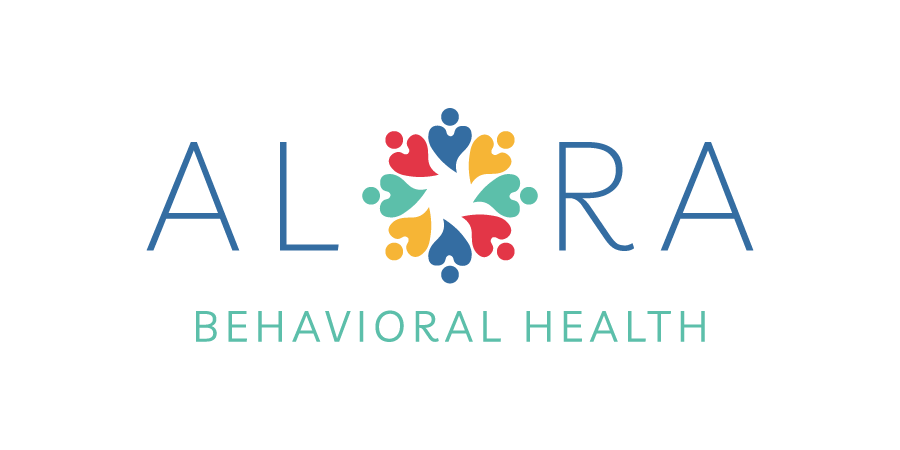When a child begins Applied Behavior Analysis (ABA) therapy, parents often ask, “What can I do to help?” The answer is: quite a lot. In fact, parent involvement is one of the most powerful predictors of success in ABA therapy.
At Alora Behavioral Health, we see parents not just as supporters, but as essential members of the care team. ABA therapy doesn’t start and stop with a session—it continues in the home, at the grocery store, at the dinner table, and beyond. Here’s why your role as a parent is so important—and how it can transform outcomes for your child.
You’re the Expert on Your Child
Nobody knows your child better than you do. Your insight into what makes your child smile, what causes stress, what works, and what doesn’t is essential for shaping an effective ABA plan. When parents collaborate with their child’s therapists, the entire care team benefits from a clearer, more complete understanding of the child’s needs.
What you can do:
- Share your observations regularly
- Talk openly about what’s working at home (and what’s not)
- Ask questions—your voice matters
Consistency Builds Progress
ABA therapy is most effective when strategies are applied consistently across different environments. That means what your child learns during sessions is more likely to “stick” when it’s reinforced at home.
By practicing skills during everyday routines—like brushing teeth, getting dressed, or playing with siblings—you help your child generalize what they’ve learned in therapy to real life.
Small actions that go a long way:
- Use visual schedules or token boards at home
- Follow through with prompts or routines suggested by your BCBA
- Reinforce positive behaviors the same way your therapy team does
Parent Training Empowers You
Many ABA programs include parent training—and for good reason. These sessions help you learn the same strategies your child’s therapists use so you can apply them with confidence.
Whether you’re working on improving communication, reducing challenging behaviors, or encouraging independence, parent training ensures you’re not left guessing. You become equipped to guide progress between sessions and beyond.
Parent training can help you:
- Understand why certain behaviors happen
- Learn positive, evidence-based strategies to respond
- Feel more confident navigating everyday challenges
Family Goals = Child Goals
ABA therapy is most successful when it aligns with your family’s values, goals, and lifestyle. Maybe your top priority is helping your child join family meals without distress. Or maybe it’s supporting smoother bedtime routines. When parents are involved, therapy becomes more personalized and more meaningful.
You can shape therapy by:
- Setting clear, realistic goals with your BCBA
- Sharing what’s most important to your family
- Celebrating every step of progress—big or small
You’re a Lifelong Advocate
Therapists may come and go, but your role as your child’s advocate remains constant. The strategies and insights you gain from being involved in ABA therapy will serve your child long after services end.
By building your own knowledge and confidence, you’ll be better prepared to support your child’s needs at school, in the community, and into adulthood.
Final Thoughts
At Alora Behavioral Health, we believe that when families and therapists work together, children thrive. Your involvement isn’t just helpful—it’s essential. Together, we can create a supportive, responsive environment where your child’s progress isn’t just possible—it’s unstoppable.
If you’re ready to take a more active role in your child’s ABA journey or want to learn more about parent training, reach out to our team. We’re here to partner with you every step of the way.
